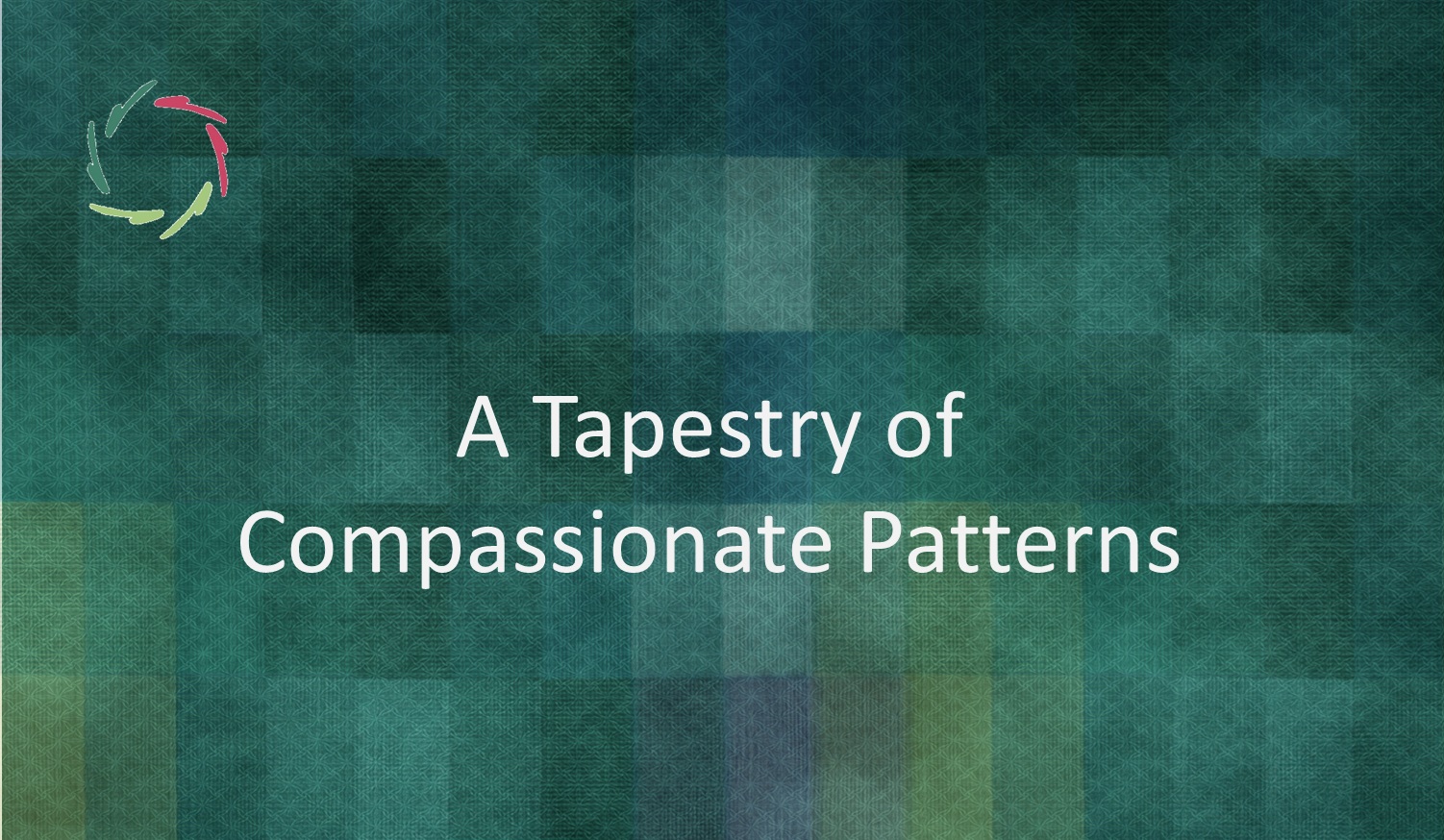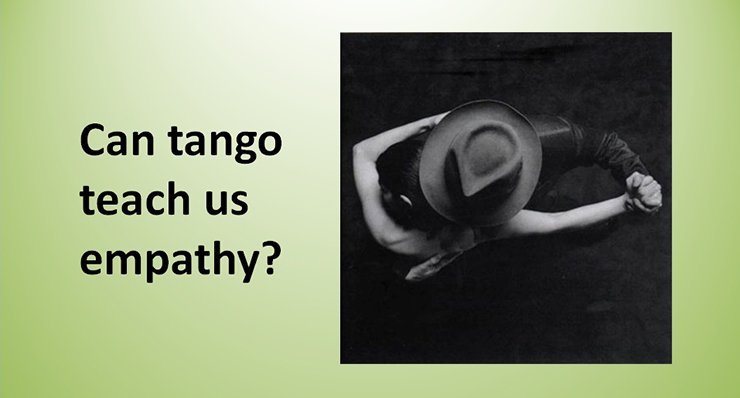Do Not Turn the Other Cheek…

… unless you think it’s worthwhile. I have a lot of respect for other-cheek-turners. If however, nothing gets learned from it, one may keep turning cheeks indefinitely.
If someone slaps you on the cheek, then I think that it’s better to look at that person than to turn your gaze away while offering the other cheek. Why did he slap you in the first place? What was his goal? What was his real goal?
Maybe he needs guidance. Maybe he is one person among many who need the same guidance. Can you give this to him or to them? At least you can give your attention. You may learn something from the situation, especially since you are present right at the center of it. Remember the cheek. The hurt may be motivating to you, in order to really try to understand the why and do more.
Probably something needs to be resolved, maybe even something very worthwhile.
This is also about nonviolent communication / resistance.
Jesus Christ, Gandhi, Martin Luther King…
As well as they were bigger-than-life super-human beings, what they did may not have been ‘the end of it’. Am I careful enough in these wordings?
In all three cases, history has shown that after their very much praise-worthy doings, apparently a deeper layer wasn’t resolved and erupted in lots and lots of darkest possible violence: Romans versus Jews, Hindu versus Muslims, white supremacists versus everyone until nowadays.
There goes no blame to the heroes. But the issue is reality. And the most intriguing question: could either of the three have done (much) more to alleviate the underlying tsunami of impending aggression? Moreover, all three have been warned of what was going to happen. They were in the middle of the happening. They were concerned. All three have probably given much thought to underlying issues. But was it enough? All three have probably even played a role in eliciting the chances upon ensuing darkness. So…
Have they failed?
Again: no guilt. Just a question concerning what has happened and what might have happened.
And the same question also as an invitation to you, dear reader, in your personal situation. You may not be a world-changing leader. OK. Personally, do you turn the other cheek sometimes? Then take care that this doesn’t go at the cost of giving attention and a striving for insight.
The one who does you violence may need your help. Your other cheek may be part of this help, though not necessarily and more may be needed. If you’re a ‘victim’ of some wrongdoing, try not mainly to forgive but to give. Turning the other cheek may in some instance only provoke more violence: the next slap. Is this helpful?
Selma, March 9, 1965: ‘Turnaround Tuesday’
At the second march of civil-rights protest against racial injustice in Selma, Alabama, Martin Luther King kneeled and prayed, then turned around instead of exposing the other cheek. As contested as it was at the time, that may have been his finest moment and a turning point for much good that really did happen.


